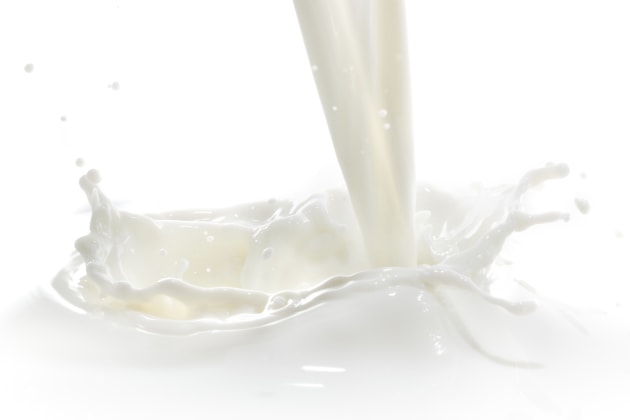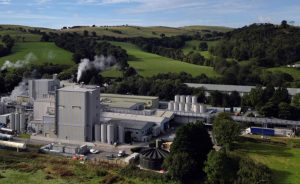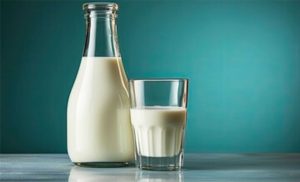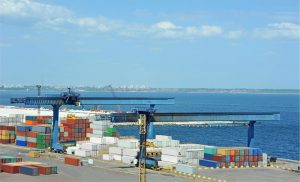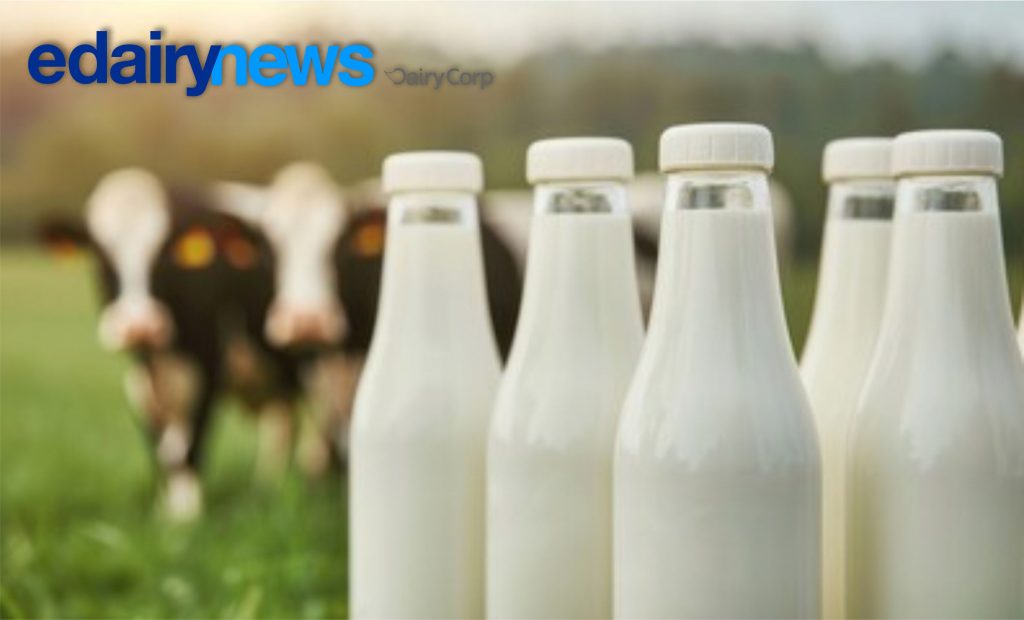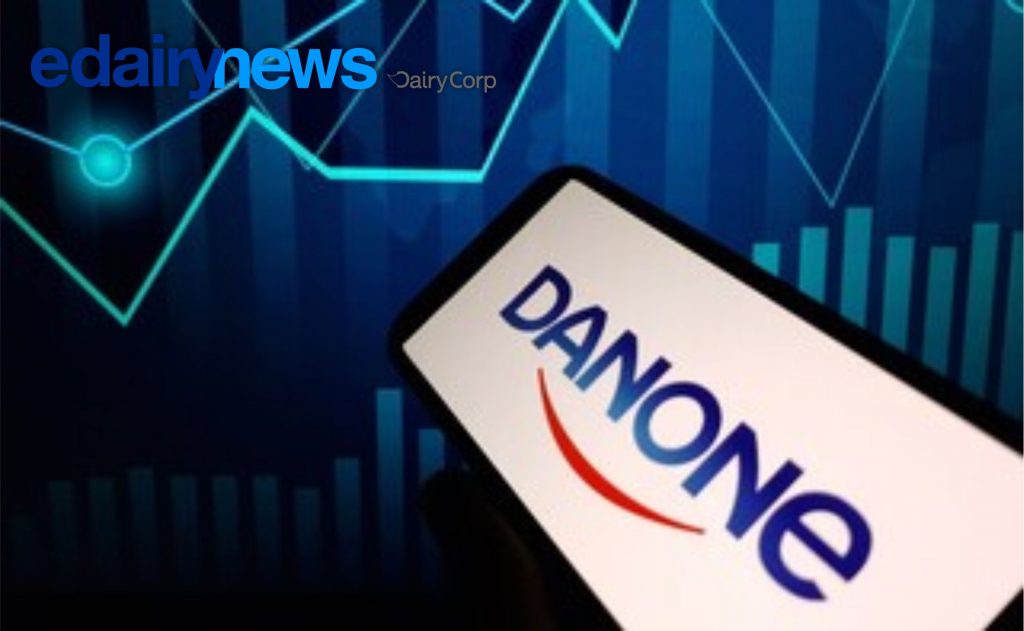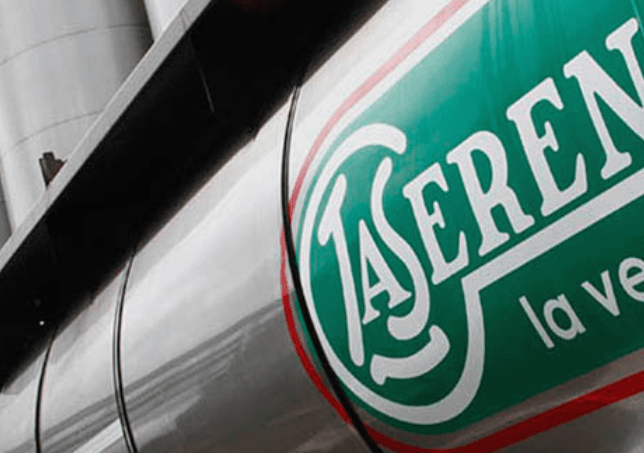The proposed deal was announced in November 2019 was worth $600 million. and would have signalled the full divestment of Lion’s Dairy & Drinks business, following the finalised sale of its speciality cheese business to Saputo Dairy Australia for $280 million in October 2019.
Lion and its parent company Kirin Holdings Company released a statement saying that FIRB approval was “unlikely to be forthcoming” and the decision to end the sale process was mutual. Lion was “disappointed” with the outcome and would now be looking at other options for the Dairy & Drinks business.
The sale would have included all white milk, milk-based beverages, yoghurt, juice and water ice brands and assets. Dairy & Drinks’ international business, its share of joint ventures with Vitasoy Australia Products and Capitol Chilled Foods Australia, and the licensing agreement for the Yoplait brand were also part of the deal.
In February, the Australian Competition & Consumer Commission (ACCC) said it would not oppose the sale.
Dairy & Drinks employs around 2300 in Australia, with some staff based in Singapore, Malaysia and China. Its manufacturing footprint in Australia spans 11 sites for milk, yoghurt and juice facilities.
The portfolio includes Dairy Farmers, Pura, Dare, Farmers Union, Yoplait, Daily Juice, The Juice Brothers and Berri.
Less than two weeks before Lion and China Mengniu Dairy announced the proposed acquisition, federal treasurer Josh Frydenberg and FIRB gave the go-ahead for Mengniu’s $1.5 billion takeover of Bellamy’s Organic with conditions.
In a statement on Tuesday after the announcement Frydenberg said: “I have been advised that Lion Dairy & Drinks and China Mengniu Dairy Company have mutually agreed to not proceed with the sale process.
“This follows the communication of my preliminary view to Mengniu Dairy that the proposed acquisition would be contrary to the national interest.”
The announcement comes at a time of growing tension between Australia and China. Earlier this month China announced an investigation into allegations of Australia shipping subsidised wine to mainland China and selling it below cost.
That followed four Australian abattoirs being temporarily banned from exporting to China and an 80 per cent tariff being imposed on Australian barley exports.

